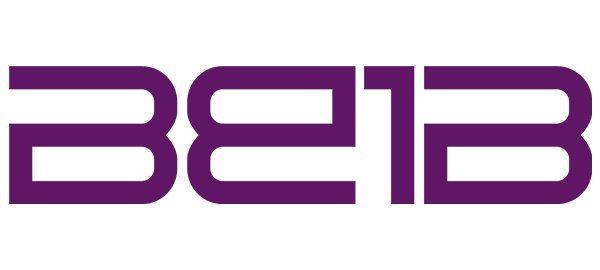In recent years, KYC real estate practices have emerged as a critical component of property transactions. What began as a regulatory necessity in banking and finance is now reshaping how property businesses manage risk, build trust, and operate in an increasingly digital and globalised market.
Why KYC Matters in Real Estate
Know Your Customer (KYC) protocols are designed to verify the identity of clients before any financial transaction takes place. In the real estate sector, this ensures that buyers and sellers are who they say they are—protecting agents, developers, and other stakeholders from potential fraud, money laundering, and illicit investments.
With property markets being prime targets for financial crime, enforcing robust KYC real estate practices has become essential for compliance and integrity across the industry.
What KYC Real Estate Processes Look Like
Today, real estate companies follow a structured KYC real estate process to ensure identity verification is thorough and compliant with regulations. This typically includes:
- Client Identification: Confirming personal details using official documentation such as passports, ID cards, or business registration certificates.
- Risk Assessment: Evaluating the background of clients to determine their risk level. This step may involve screening against global watchlists, including sanctions or politically exposed persons (PEPs).
- Document Validation: Ensuring the information provided is legitimate and up to date, especially when dealing with high-value or cross-border property deals.
- Ongoing Monitoring: Watching for unusual patterns or suspicious activity even after onboarding—particularly important in commercial real estate or investor portfolios.
The Role of Technology in KYC Real Estate Workflows
The introduction of AI-driven tools has drastically improved how KYC real estate workflows are handled. Machine learning models can quickly flag anomalies, compare behavioural patterns across transactions, and reduce the human workload involved in verification.
Some platforms now incorporate biometric technology—like facial recognition or fingerprint scanning—to provide an extra layer of security, helping guard against synthetic identities and deepfakes.
How Real Estate Agents Can Verify Clients in Clicks
Digital platforms like The HUB by Be1B are changing the game for real estate businesses. Instead of relying on fragmented email chains or manual uploads, companies can now sign up, send secure KYC verification links to clients, and manage the entire compliance process digitally from a single back-office CRM.
This kind of digitalization and automation allows real estate agents and developers to:
- Onboard clients faster
- Maintain stronger audit trails
- Spend less time on paperwork
- Focus more on growing their business
The Future of KYC Real Estate
The integration of KYC technology into the real estate industry is not just a regulatory requirement—it’s a smart business move. As the property market becomes more digitally connected, real estate firms that embrace tools like AI, automated screening and integrated KYC solutions will be better equipped to navigate compliance, reduce fraud, and build client trust.




